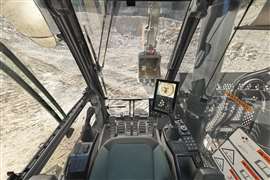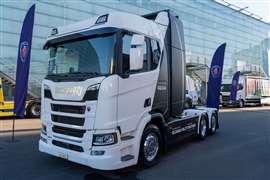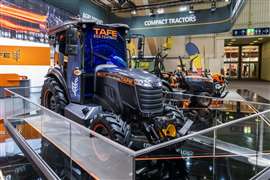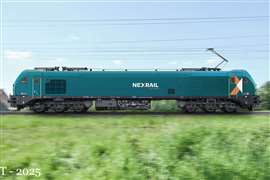Read this article in Français Deutsch Italiano Português Español
Volvo CE believes job satisfaction sits inside the cab
28 August 2025
 Because equipment operators spend so much time in the cab, the operator environment plays a large role in overall job satisfaction. (Photo: Volvo Construction Equipment)
Because equipment operators spend so much time in the cab, the operator environment plays a large role in overall job satisfaction. (Photo: Volvo Construction Equipment)
Worker shortages continue to be the bane of the construction industry, as it faces an ongoing battle to attract and retain skilled labor.
POWER SOURCING GUIDE
The trusted reference and buyer’s guide for 83 years
The original “desktop search engine,” guiding nearly 10,000 users in more than 90 countries it is the primary reference for specifications and details on all the components that go into engine systems.
Visit Now
STAY CONNECTED




Receive the information you need when you need it through our world-leading magazines, newsletters and daily briefings.
CONNECT WITH THE TEAM













